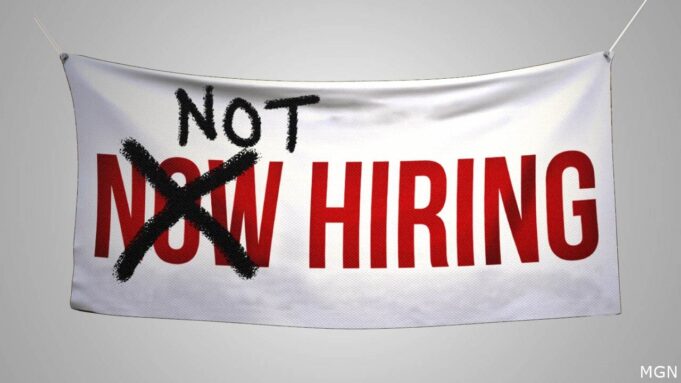Shamika LaKesha Joi Carter has always loved her name. She was usually the only one in her class with four names, and the name Shamika. Her name was a source of pride and her friends called her Mika for short.
Name bias was a foreign concept to her until she noticed she was getting few responses to her highly qualified resume. Job after job passed her by.
“I knew I was qualified, sometimes more than qualified for the jobs I was applying for,” she told The Final Call. “It was after I read an article about name bias that I realized that may be happening to me. I was being passed over just because of my name and what it meant to employers.”
A recent study conducted by the National Bureau of Economic Research documented the pervasive, long-standing issue of name bias in the hiring process. The researchers sent identical resumes to 97 U.S. employers to determine if various demographic factors, including “Black” and “White” names, as well as male and female names, influenced callback rates.
The findings showed that names belonging to White individuals and women received the highest number of callbacks, with White male names coming in second. On the other hand, Black male names and Black female names were the least likely to receive callbacks.
The study found that industries and firms varied in their responses to the job applications. For the first time, research on name bias identified the businesses in their study.
The automobile industry including Napa Auto and Auto Industry, were less likely to call Blacks back than other industries. The research also revealed that the smallest estimated racial bias was within food stores like Kroger and Publix.
If Tameka, Latisha, Lamar or Lawanda are your favorite names for children, think again. They rank at the bottom of the list of names researchers found received callbacks from employers. Misty, Heather, Adam and Laurie rank at the top of names that received callbacks from employers.
Concerns over name bias started 21 years ago when economists at the University of Chicago Booth School of Business published a paper that analyzed racial discrimination in the labor market. They sent fictitious resumes in response to help-wanted advertisements in Boston and Chicago local newspapers.
Their research was entitled “Are Emily and Greg More Employable Than Lakisha and Jamal.” It revealed that the non-existent applicants Emily and Greg et al received 50 percent more invitations to job interviews than did Lakisha and Jamal.
From that research came the work done in 2021 by Chicago economist Evan Rose. He worked with Patrick Kline and Christopher Walters to massively expand this research. They sent 80,000 resumes in response to 10,000 job posts at 97 companies between 2019 through 2021.
Their applications were for entry-level positions that didn’t require a university degree or substantial work experience. In addition to testing for race and gender the researchers also added other characteristics protected by law, such as age and found similar disparities.
While some companies, the research found, displayed no preference one way or the other in how they treated applicants, companies subjected to regulatory scrutiny, such as federal contractors, and companies with a diverse group of job recruiters displayed little if any discrimination in hiring.
“The problem and the answer is Black people need to have more businesses. If Black people had more businesses to offer jobs this would be less of a problem. We are begging the White man for jobs even in 2024,” Mikal Tucker, owner of IT (information technology) Solutions which employs 25 people told The Final Call.
“Also, business is often about relationships. Employers want their staff to include skilled people others would feel comfortable working with. There is a sociability factor to consider. Employers want to hire people that will do the work but also fit into their office culture.”
“Another perspective about name bias is what’s happening in the IT industry. My experience has been that White employers may prefer to hire people with Indian or Asian names because their parents push them to be academically advanced and they have a stronger work ethic.
Many come from destitute backgrounds, are here on a work visa and work around the clock. Look at the major companies that have Indian CEOs. Once they get in middle management they hire more Indians. Once they get over here, they are making six figures. That’s name bias on a different level.”













